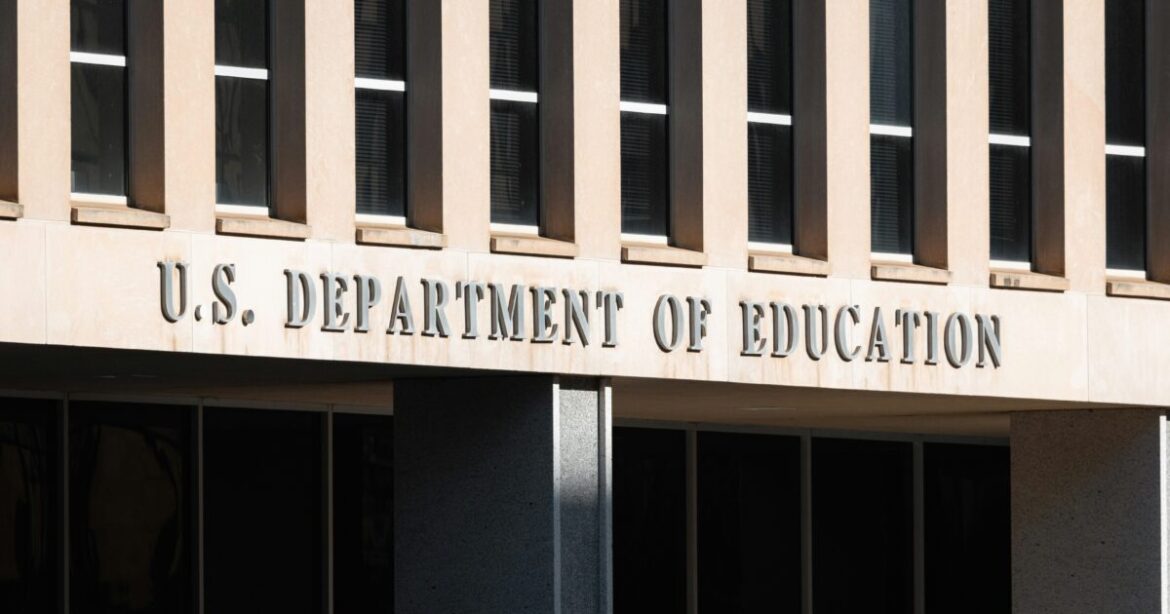Judge Ramos Extends Injunction Against Biden Administration’s Move to Cut Off COVID Relief for Schools
U.S. District Judge Edgardo Ramos, an Obama appointee, has once again intervened to halt the Biden administration’s effort to cancel pandemic-era education funding, preserving billions in unspent relief earmarked for public schools across 16 states and Washington, D.C.
In a ruling issued Tuesday, Ramos extended his earlier preliminary injunction—originally issued on May 6—that bars the Department of Education (DOE) from enforcing its March 28 order rescinding extensions granted to states under the Education Stabilization Fund (ESF). The fund, authorized under the CRRSA and American Rescue Plan (ARP) Acts, was created to support COVID-19 recovery efforts in schools, including tutoring, facility upgrades, and programs for at-risk students.
Education Department Moves to Cut Off Funds
In March, Education Secretary Linda McMahon sent a letter to state education chiefs announcing the end of previously approved extensions to liquidate the remaining COVID relief funds. The DOE argued that school districts had received more than enough time to use the funds and that extending the deadline beyond the official performance period—already exceeded by years—was no longer justifiable.
“Extending deadlines for COVID-related grants, which are in fact taxpayer funds, years after the COVID pandemic ended is not consistent with the Department’s priorities,” McMahon’s letter stated.
The department also issued a separate directive on May 11, ordering states to liquidate all obligations by May 24. Both directives are now barred by the judge’s expanded injunction.
Judge Orders Funds to Continue Flowing
Judge Ramos ruled that the DOE’s actions would cause “irreparable harm” to school districts still relying on the funds and ordered the department to resume processing all current and future payment requests without delay.
The injunction includes the following key provisions:
-
The DOE cannot enforce either the March 28 or May 11 directives against the plaintiffs.
-
The DOE must give 30 days’ notice before modifying any previously approved liquidation deadlines.
-
A status report must be filed within 30 days listing all outstanding requests for liquidation, including the amounts, submission dates, and anticipated processing dates.
-
All DOE personnel must be notified of the court’s order and instructed to fully comply.
$1.1 Billion in Taxpayer Funds on the Line
The blocked directive could have affected more than $1.1 billion in unused COVID relief. Critics argue that extending the availability of pandemic-era funding years after the emergency ended is fiscally irresponsible and violates federal regulations that require liquidation within 120 days after the conclusion of a grant’s performance period.
But plaintiffs in the case—including multiple state education agencies—say they were granted legitimate extensions during the pandemic’s chaotic aftermath and that withdrawing those approvals now would devastate essential programs.
What’s Next?
The case now heads toward further litigation, but for the time being, Judge Ramos’ order forces the Biden administration to keep the pandemic aid flowing—regardless of the original expiration dates.
The ruling highlights yet another instance in which the judiciary has curtailed executive authority over pandemic policy rollbacks, and it fuels ongoing debates over the limits of federal discretion when it comes to repurposing unspent COVID funds.

